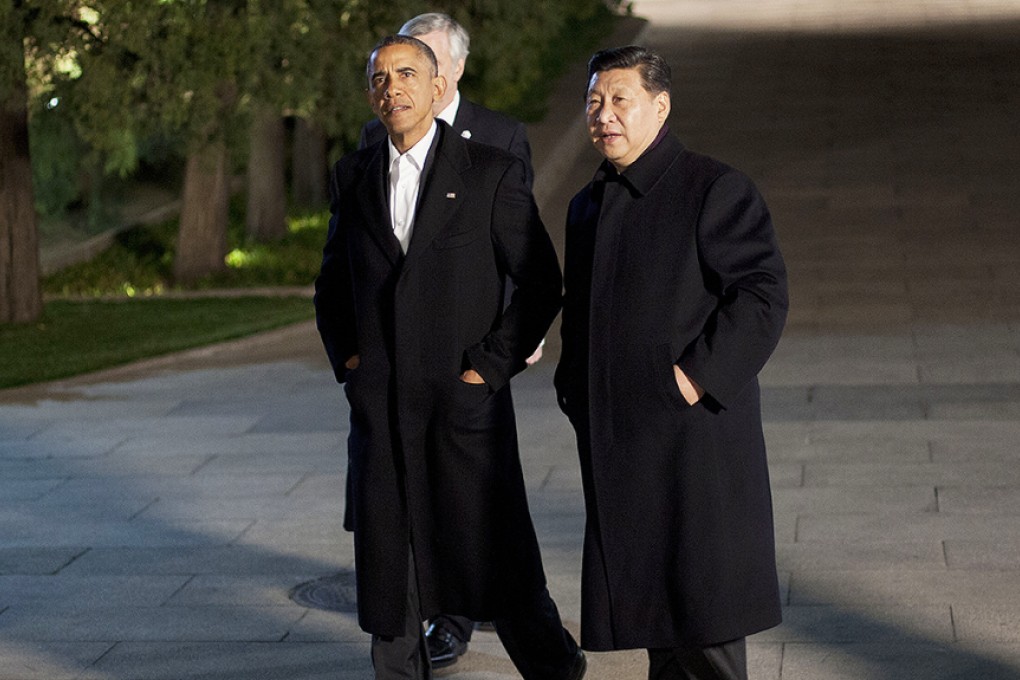Analysis | Efforts to improve China’s love-hate relationship with US yet to meet great expectations
As the nations await September's summit, the Obama administration's lack of high-level interest in China and Xi's more opaque than ever decision-making process will pose more challenges.

It has been touted as the most important relationship in the world right now. But managing – or the lack thereof – the intricate ties between China and the United States has been a hit-and-miss process as the world’s two biggest powers struggle to carve out the right approach to engage with each other.
US President Barack Obama’s “pivot to Asia” and his Chinese counterpart Xi Jinping’s “new type of great power relationship” have so far failed to meet expectations.
With the two leaders planning to meet again for a US summit in September, the love-hate bilateral ties will be back in the spotlight.
Experts said a lack of high-level interest in China in the current Obama administration and poor coordination among the government bureaucracies handling the ever expanding bilateral ties were to blame.
To further complicate things, the more opaque than ever decision-making process under Xi has made direct communications even more of a challenge.